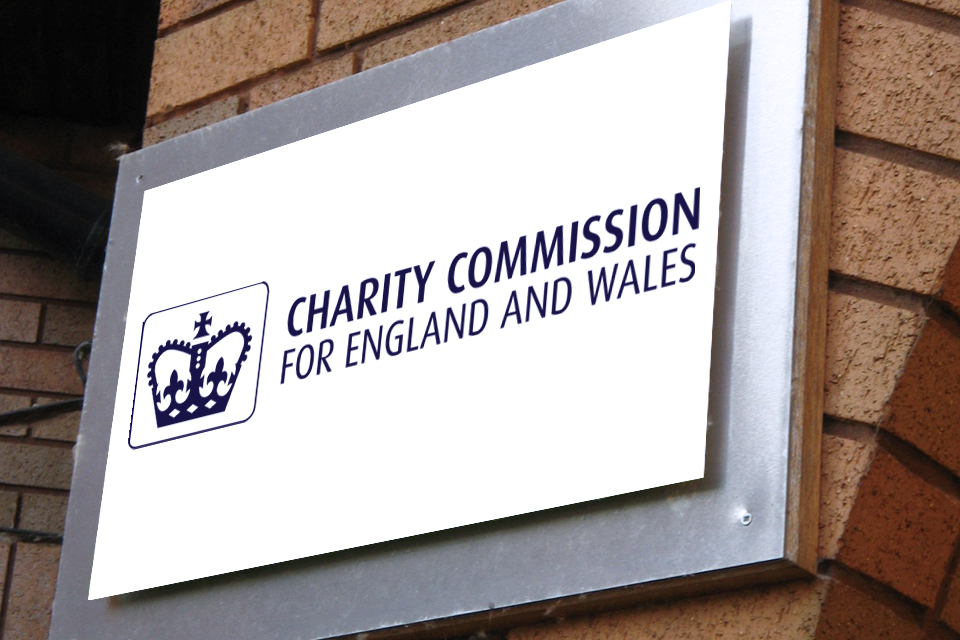2027: NNPP chieftain warns voters against campaign promises' defaulters - Blueprint Newspapers Limited
A chieftain of the New Nigeria Peoples Party (NNPP) in the Southwest, Ambassador Olufemi Ajadi Oguntoyinbo, on Sunday advised Nigerians not to vote for any party or politician that failed to fulfill electoral promises.
The NNPP chieftain who gave the advice in a statement said as the country was preparing for the 2027 general election, there was the need for the electorate to review the various political parties’ promises and what they had done in the last two years as a guide to their decision in 2027.
He stressed that “during the 2023 general election campaigns, political parties and various candidates promised the electorate good life but what is happening in the country has shown that the politicians have made life unbearable for the people that voted them into power.
“As we are getting set for the 2027 general election, I urge the electorate to review the performances of the political parties and politicians, looking at how far they have fulfilled their promises before casting their votes in 2027”, he said.
Ajadi added, “Political parties and politicians promised better life for Nigerians, but they have made them worse in the last two years.”
Ambassador Ajadi stated that the ruling All Progressive Congress, (APC) among others, promised better life for the people but said the reality was that the people have been turned to beggars and were living miserable lives.
“The ruling APC at the centre raised the hope of Nigerians through its Renewed Hope Agenda but people are living hopeless lives because of downfall of the economy. The party said the poor would be allowed to breathe but in the last two years, it has painfully suffocated the poor. They can no longer breathe. An average Nigerian is living hopeless life. Worker’s wages cannot sustain simple living”.
Ambassador Ajadi further noted: “The removal of subsidy without provision of alternative palliatives and relief materials have made the petroleum products’ prices beyond the reach of an average Nigerian. The multiplier effects of rise in petroleum products’ prices have made the Naira’ value to go down”.







_1751880097.jpeg)





